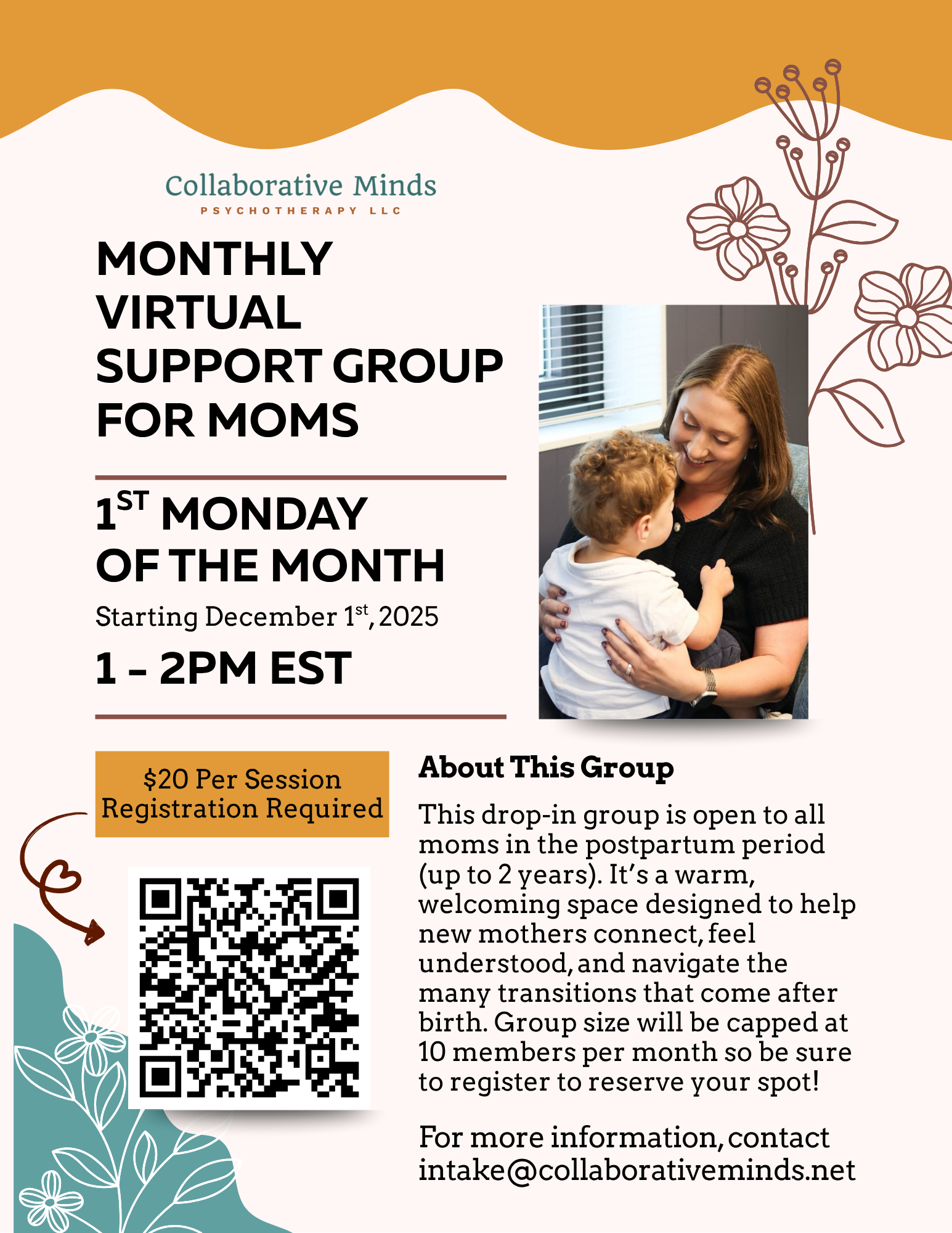Supporting Postpartum Moms: Understanding The Challenges and Offering Practical Help
The weeks and months after giving birth can be some of the most transformative in a woman’s life, but they also mark some of the most challenging times for her. While society often emphasizes the joy of welcoming a new baby, many mothers experience unexpected physical, emotional and/or psychological struggles during the postpartum period. Recognizing these challenges and offering practical support can make a profound difference in a mother’s well-being and the health of the entire family.
The Reality of the Postpartum Period
For many new mothers, the postpartum period is physically exhausting. Sleep deprivation, hormonal fluctuations and the demands of feeding and caring for a newborn can leave mothers feeling constantly drained. Everyday tasks that once felt simple, such as showering, preparing meals or running errands, can become overwhelming.
Beyond the physical challenges, emotional and mental health concerns are common. Postpartum anxiety, depression and mood swings affect roughly one in five women. New mothers may feel persistent sadness, irritability, guilt or worry about their baby’s health and development. Intrusive thoughts, fear of failure or feeling disconnected from their baby are also experiences many mothers face yet rarely talk about openly.
These difficulties are compounded by social pressures. Mothers may feel they need to do it all or live up to the ideal of the “perfect parent.” Social media often amplifies these expectations, showing curated images of flawless homes, babies and routines. The result can be isolation, self-criticism and reluctance to ask for help.
Practical Ways to Support Postpartum Moms
Support systems play a critical role in helping mothers navigate this challenging period. Some practical ways to support a postpartum mom include:
Listen Without Judgment: Give her space to share her feelings openly. Validate her emotions and remind her that struggling doesn’t mean she’s failing.
Help With Daily Tasks: Simple actions, like preparing meals, washing bottles, folding laundry, picking up groceries or taking older children to school, can alleviate stress and free up time for rest.
Run Errands: Pick up groceries, medications or household supplies so she can focus on rest and recovery.
Encourage Rest and Self-Care: Offer to watch the baby while she naps, showers, or enjoys a quiet moment.
Maintain Emotional Connection: Texts of encouragement, short visits or simply listening can help mothers feel seen and less isolated. Partners sharing responsibilities and openly communicating can reinforce that parenting challenges are shared, not faced alone.
Educate Yourself: Understanding postpartum mental health allows loved ones to respond with empathy and practical support and observe any signs of distress.
Breaking the Stigma
Perhaps most importantly, acknowledging the difficulties of the postpartum period and openly talking about them helps break stigma. Struggling as a new parent is not a sign of weakness; rather, it is a normal, treatable part of life for many families.
Supporting a postpartum mother is more than an act of kindness; it is an investment in the health and well-being of both mother and child. Through empathy, practical help and awareness, families and communities can help mothers navigate this pivotal stage with resilience, confidence and hope.

